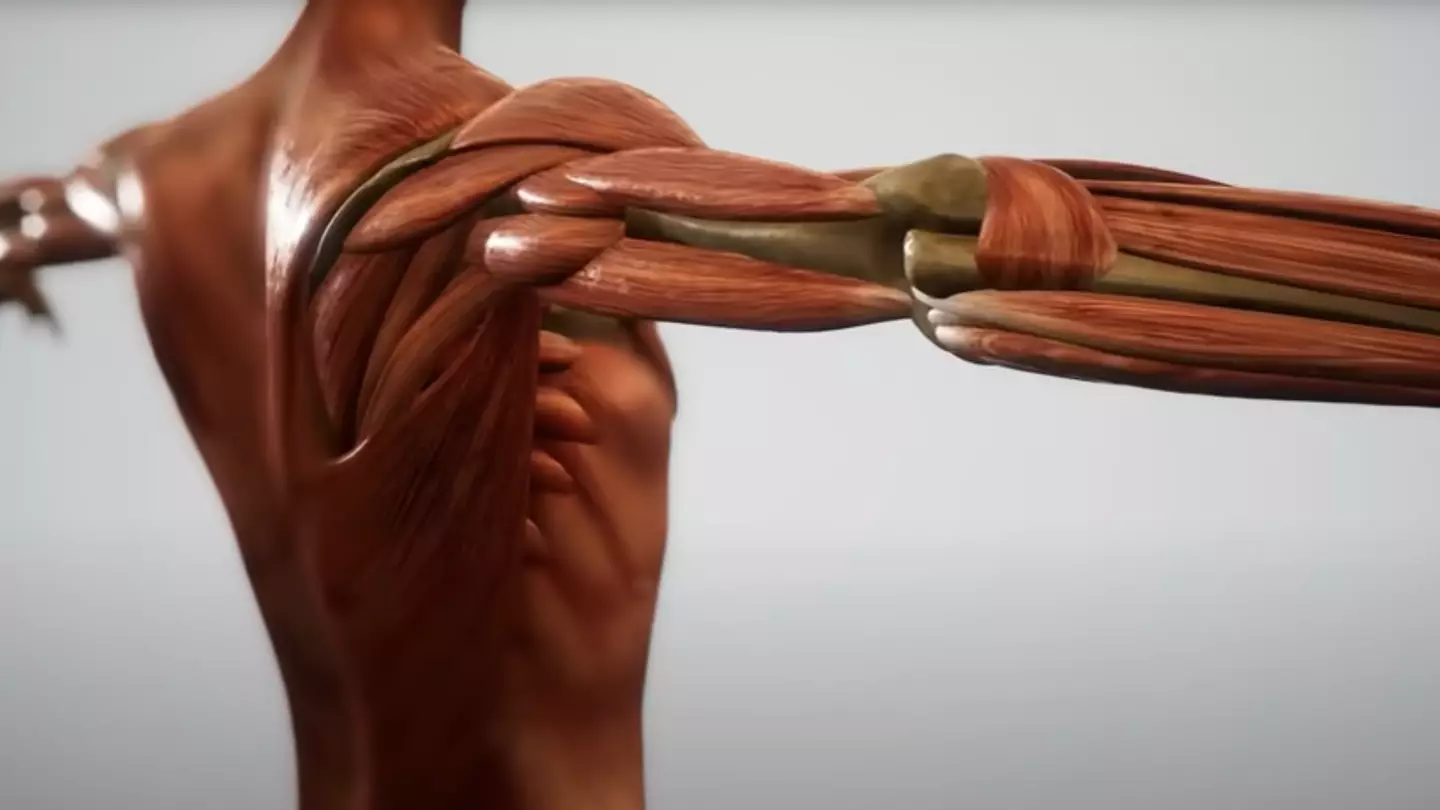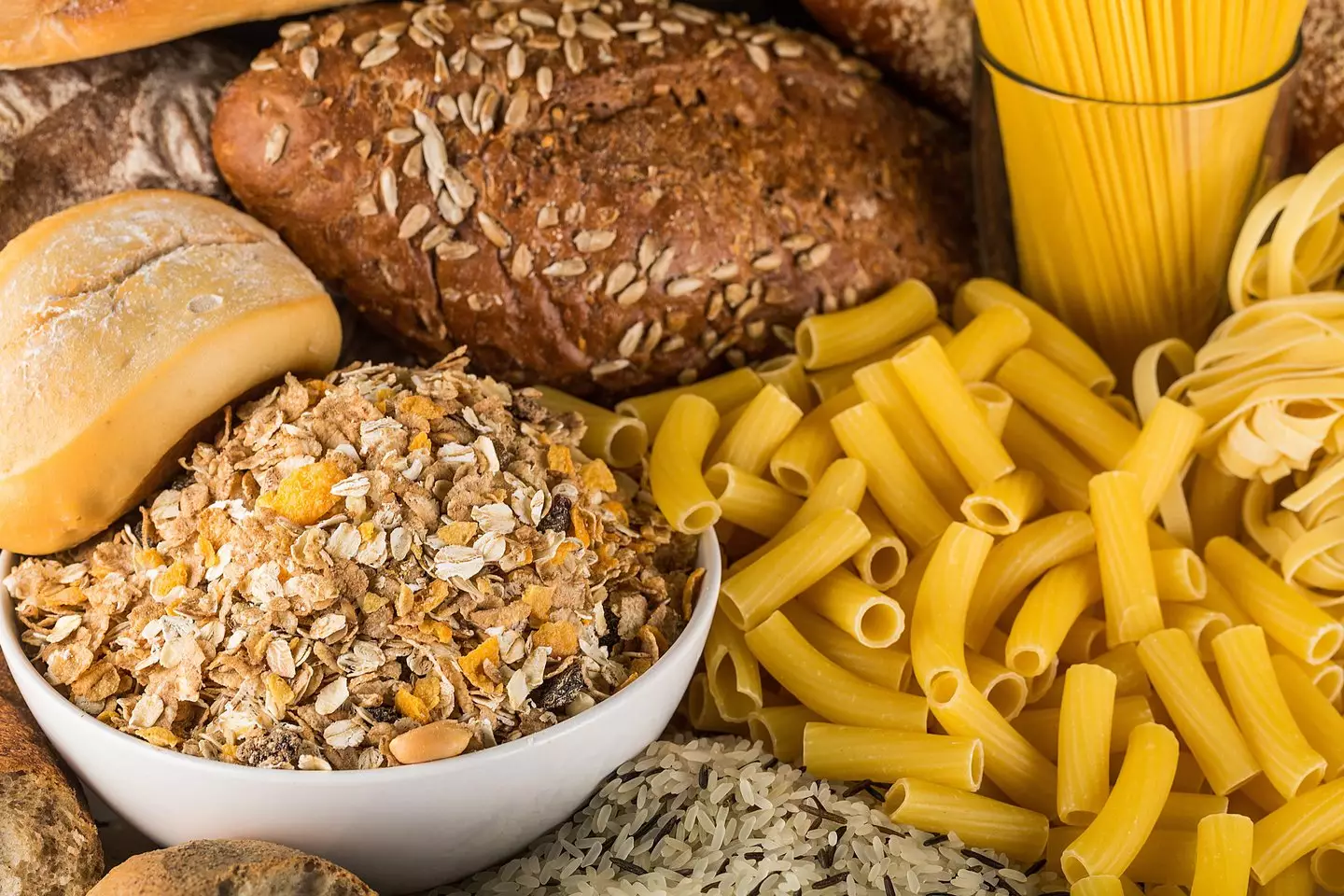
An expert has broken down what goes on in your body if you cut carbs from your diet for two weeks.
Anyone who is on social media will surely have had enough of those videos by now of people tracking every inch of their diet as they try and promote some mad guide or fitness programme or go on a fast.
I know, I’m so over PTs online going on and on about different food groups and what they supposedly do and don’t do by cutting them out.
But let’s be honest, as much as we might not want to listen to that lot, there’s still some curiosity over the health impact of doing things like a full-on carb cut - even after years of the unhealthy ‘no carbs before Marbs’ saying.
Advert
So, Thomas DeLauer, a coach who is billed as an expert in ‘diet, nutrition and mindset’, has shared a breakdown while being ‘committed to evidence-based content’.

After 18 hours
In a YouTube clip, DeLauer says he is giving us a ‘biochemical physiological look’ at just what goes on if you cut out carbs for two weeks.
After the first 18 hours, he says you might be ‘freaking out a little bit’.
“Glucagon is a hormone that is the opposite of insulin,” he explains. “When you eat carbs you have a spike in insulin, when you stop eating carbs your insulin levels go down. But in the opposite world of insulin we have glucagon and it’s glucagon’s job to say, ‘Well there’s no carbs coming in so we need to go find fuel from other sources’.”
He notes that for the first 18 hours or so, you may have been running on the carbohydrates that were stored in your liver, but once you’re out, your body will look to ‘liberate more glucose’.
DeLauer says your body may ‘start to panic a little bit’ as glucagon looks to fat to fuel the body instead but in between that happening you may be in a ‘foggy period that can kind of suck as your body is getting adjusted’.

After two to three days
By this point, he says the glucagon essentially goes to the liver and say ‘hey liver you’ve got some fat on you, let me go ahead and rip that fat out and start using it for fuel’ which he doesn’t reckon is the worse thing (in some cases).
“So, you’re out of carbs, you’re burning body fat, you’re burning liver fat, and then you reach another impasse,” DeLauer says. “The hepatic cells - the cells in the liver - the hepatic fat cells become drained and there’s no fat in them now.”
And with the glucagon still doing its thing, he says this makes the liver ‘hit the panic button’ and elevate ‘AMPK’ - activated protein kinase.
The expert refers to this as an ‘energy sensor’ which will ‘escalate the mobilisation of fats’ and ‘activate PPARs’ - peroxisome proliferator-activated receptors.
This protein enables cells to use fat more but in the mean time, the ‘brain is demanding glucose’ so your ‘body’s freaking out’.
Gluconeogenesis then occurs and so, DeLauer explains: “After a period of time, a couple of days, of not having carbohydrates, you are manufacturing glucose out of thin air.”
But that’s at the expense of your muscles, as they are being broken down for gluceoneogenesis and this is then apparently remedied by the body producing ketones.
“Ketones are manufactured from fat as an alternative fuel source for the brain,” he adds.
After four+ days
To this point, DeLauer says everything has ‘been just about energy utilisation’ and getting ‘scrappy and making energy’.
But apparently, this is where things ‘start to get really cool’.
“It is pretty wild that after just a couple of days of cutting out carbs we are suddenly having not just a demand for different sources that might be more advantageous to our body composition,” he says. “But we’re also getting a stronger demand to produce more factories.”
While they won’t ‘last forever’, it’s pretty good to have them built up and ready to ‘flourish’.
“It is so unbelievably wild to see what a simple carbohydrate elimination can do in how we use fuel, but also in molecular changes within our body,” DeLauer adds.
He explains this ‘can really change our life’ as we may become ‘more metabolically flexible’ and have the chance to ‘be the optimised version’ of ourselves.
What does the NHS say?
While some people may cut carbs for health or fitness reasons, it’s really important that it’s done properly or with clear advice.
The NHS doesn’t particularly recommend ‘cutting carbs’ and advises most adults to have 130g to 260g of carbs a day, while this can be lower for those with Type 2 diabetes.
You should consult a healthcare professional before making big changes to your diet, low-carb diets aren’t suitable for everyone.
Topics: Health, Food And Drink